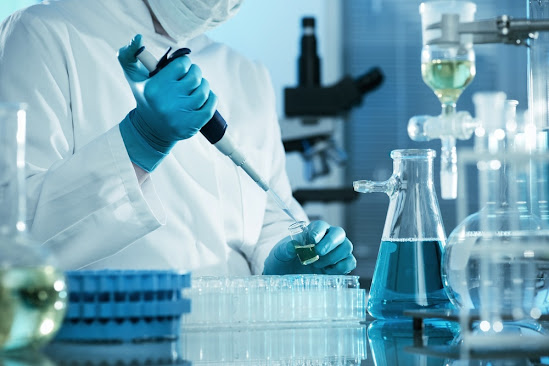How to prevent legionella contagion in your residential or business property
Since 2000, the U.S. Centers for Disease Control and Prevention (CDC) registered an 800% increase in nationwide Legionella cases. Despite robust measures and increased Legionella laboratory testing, a 2019 report released by the National Academies of Sciences, Engineering, and Medicine found about 52,000 to 70,000 Legionella cases in the U.S. every year.
Closer home, the Michigan Department of Health and Human Services reported 140 Legionnaires’ disease cases in the state between January and July 2019 and warned of a high number of cases in the coming years. There have been many cases and reports of legionella outbreaks in many residential and business facilities in the state over the past few years.
In December 2020, some researchers in the CDC used prior calculations of medical costs and new estimates of productivity losses and estimated that the annual economic burden of Legionnaires’ disease, in the US alone, was above $800 million.
At Biosan Laboratories, a Michigan-based environmental microbiology laboratory, we understand how damaging a Legionella contagion can be. In this blog post, we list the ways you can prevent a Legionella outbreak in your residential or business property.
1. Replenish your building water in regular intervals and let it flow to reduce chlorine depletion and maintain the quality: You need to use replenish your building water at least once every three or four days to reduce the water age and prevent chlorine depletion. You also need to have effective flushing programs that can remove contaminants and low-quality water and provide water with suitable levels of disinfectant residual.
2. Develop and maintain an effective water management program: This enables you in establishing key control point measures. Under this, you will need to develop processes and tests that constantly check the temperature, biocide concentrations, and pH levels. Monitor your water system in regular intervals to prevent any possible hazardous conditions. It is also important to document the activities during this process that will enable you to effectively assess the results.
3. Prevent hazards: Several disinfection methods create more hazardous circumstances in the long run. Avoid the methods that demand hazardous storage, handling, or continual monitoring. You must steer clear of some conventional disinfection methods that may cause harmful side effects or expose you to carcinogens. Select a solution that is non-damaging, non-corrosive, and effective for an entire water distribution system.
4. Regular check and treatment of cooling towers and other aerosol-producing water systems: Cooling towers must be checked regularly, tested for Legionella and disinfected at regular intervals. Other aerosol-producing systems are also required to be cleaned and disinfected regularly. You must regularly flush such as HVAC humidifiers, spas, fountains, and irrigation with the rest of the building water systems.
5. Consider your environment: Waterborne pathogens multiply in hot-water environments and are transmitted via contact, ingestion, and aerosolization. You must identify the areas in your building and water systems where Legionella or other waterborne pathogens can thrive and take the required steps to prevent their multiplication.
6. Follow regular water quality examination, monitoring, analysis, and cleaning strategies: Pay special attention to showers, fountains, tanks, swimming pools, and other water systems in your building and follow regular inspection, monitoring, analysis, and cleaning strategies.
7. Selecting a reliable laboratory that specializes in Legionella testing: For professional intervention and high-quality monitoring and testing, you should select a reliable laboratory that specializes in Legionella testing. A laboratory that is run by a dedicated team of professionals, has years of experience, has relevant certificates to support its credibility, and that provides customized services as per its clients’ needs perfectly fits the bill.
At Biosan Laboratories, we specialize in independent Legionella laboratory testing and our lab offers a broad range of Legionella testing processes, which includes testing for the bacteria in cooling towers and building water systems as well as the shipment of sample bottles to the location at no additional charge. To know how we can help you with Legionella testing, contact us for a laboratory services quotation or any additional information.






Comments
Post a Comment